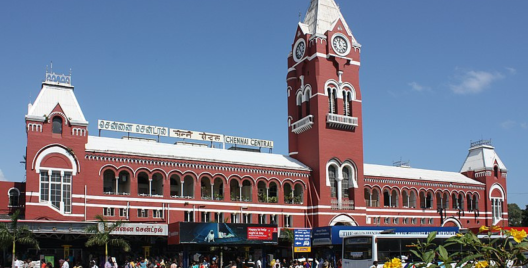The Lonar Crater in Maharashtra, 1.8 km wide and more than 150 meters deep, formed about 40,000 to 50,000 years back when a massive meteor struck Earth. The lake within the crater is saline and alkaline at the same time – that is extremely rare. This one-of-a-kind crater is well preserved: perhaps aided by the fact that very few people are even aware of this mysterious place.
Here are some interesting facts about the Lonar Crater
The lake is the only high-velocity crater formed in basaltic rock anywhere on Earth.
The crater itself has an oval shape indicating that the asteroid or the comet had hit the basaltic formation at an angle of 35 degrees to 40 degrees.
The trees and forest cover on the sides of crater spread out to a width of more than one kilometer
The crater basin has a circumference of 8 kilometers on the top and is ringed by low hills. The sides of the basin have a steep 75 degrees rise. The trees and dense forest cover on the sides of the basin spread out to a width of more than one kilometer. The Lonar Lake is about 137 meters (449 feet) below the crater rim.
There is absolutely no vegetation of any kind in the mud belt around the lake and this is due to the alkaline content of the soil.
As you trek through the forests surrounding the Lonar Crater Lake, you will stumble across the ruins of several ancient temples dating back to the 6th and 12th century CE. The sight is so unexpected that you are left wondering how and why our ancestors built these temples in this harsh, out of the world landscape. And how many more such gems are lying abandoned and neglected in unknown corners of our country?
Situated on the rim of the Lonar Crater is the Gomukh Temple where there is a stream that has never dried up – an eternal stream! The water stream is called ‘Dhar’ in Marathi and hence the temple is also named ‘Dhar Temple’. It gushes out of the hillside and to stand in its flow is a refreshing, must-do experience. So remember to carry a change of clothes!















